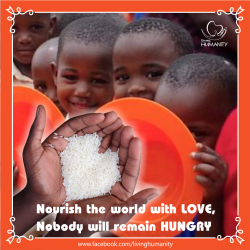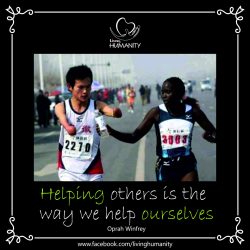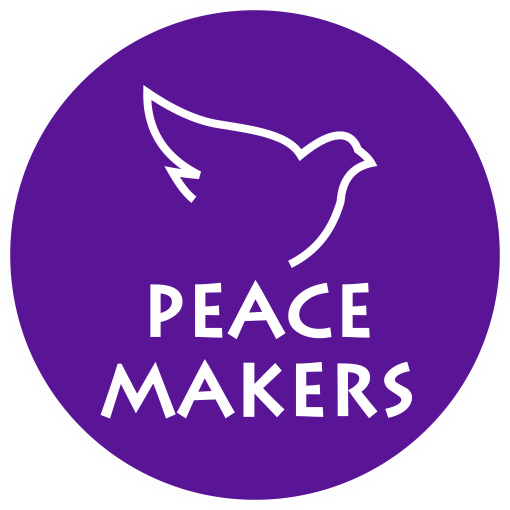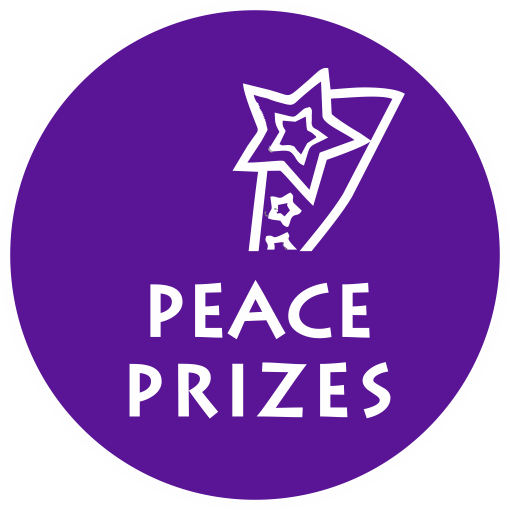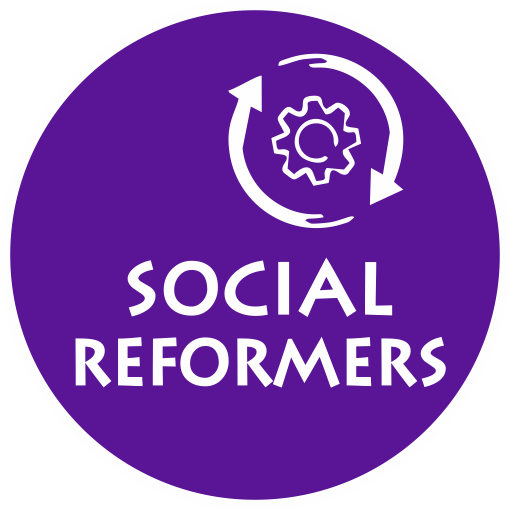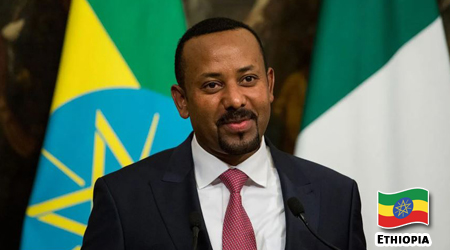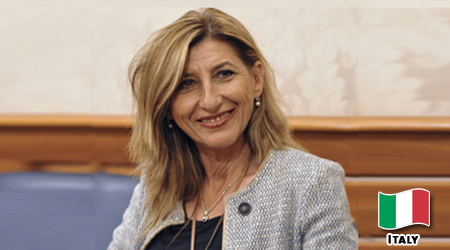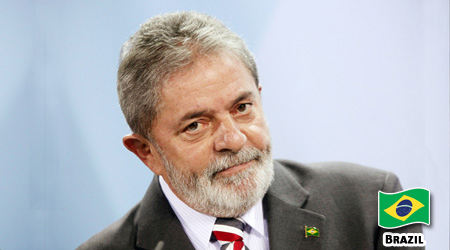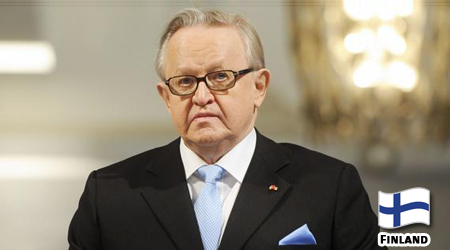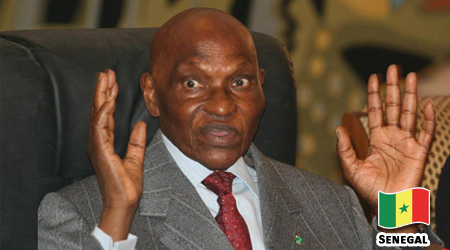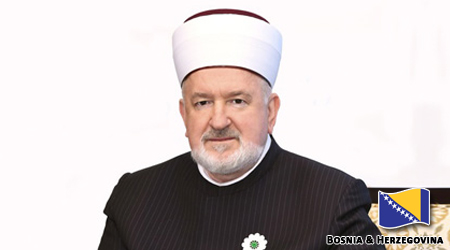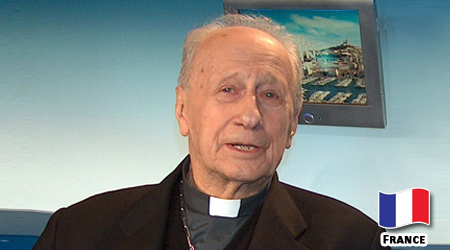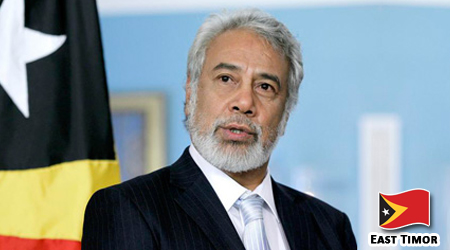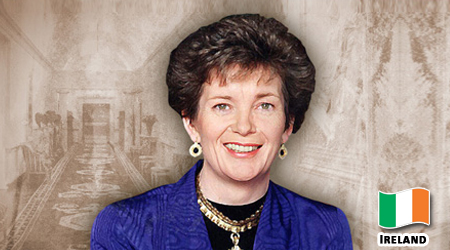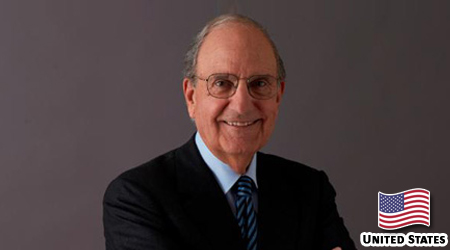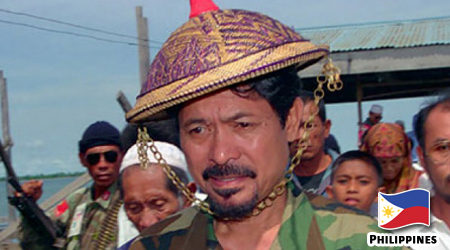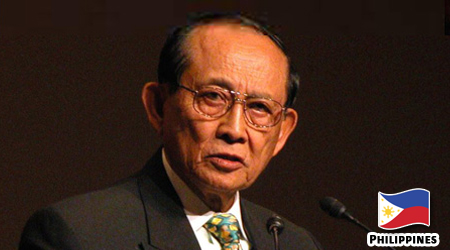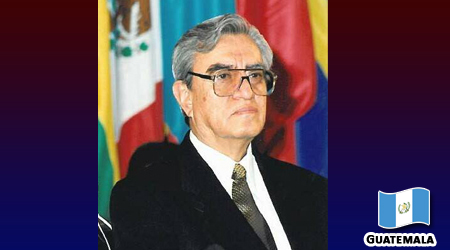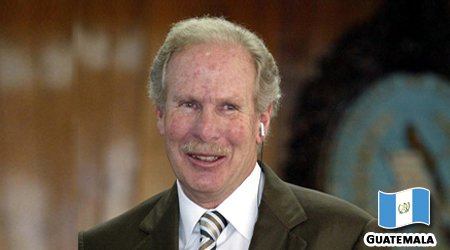Félix Houphouët-Boigny Peace Prize
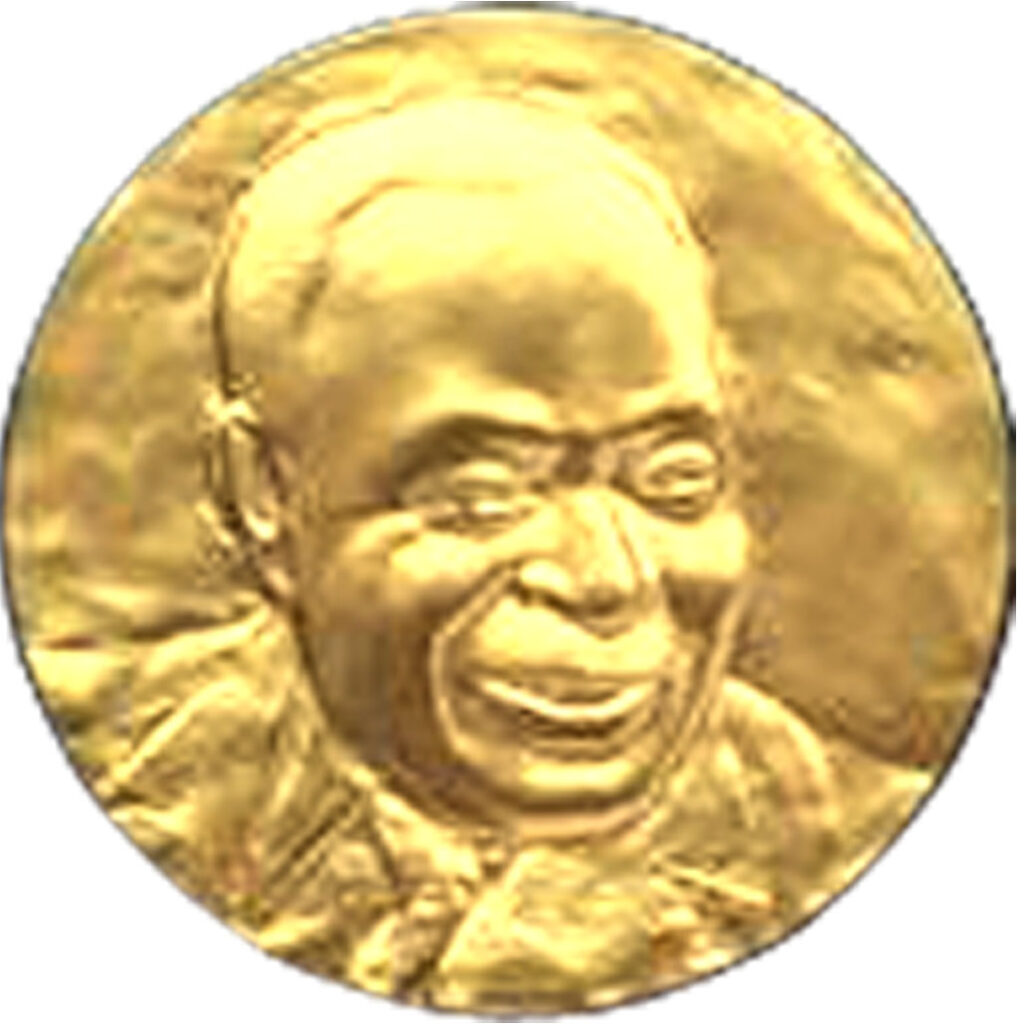
Félix Houphouët-Boigny Peace Prize
The Félix Houphouët-Boigny Peace Prize was established in 1990 by UNESCO: "to honour living individuals and active public or private bodies or institutions that have made a significant contribution to promoting, seeking, safeguarding or maintaining peace in conformity with the Charter of the United Nations and the Constitution of UNESCO." The prize bears the name of Félix Houphouët-Boigny, the late former president of Côte d'Ivoire, who served from independence in 1960 until his death in 1993. It is awarded annually. The prize includes a cheque of US$150,000, a gold medal and a peace diploma. If there are multiple recipients, the cheque is shared equally.
| Sl | Name | Country | Flag | Year | Awarded For |
|---|---|---|---|---|---|
| 30 | Angela Merkel | Germany | 2022 | For her efforts to welcome refugees during the 2015 European migrant crisis. | |
| 29 | Abiy Ahmed | Ethiopia | 2019 | For his peacemaking efforts in his country and the Horn of African region. | |
| 28 | Giuseppina Maria Nicolini | Italy | 2017 | For saving lives of refugees and immigrants. | |
| 27 | SOS Méditerranée | Europe | 2017 | "For his actions in pursuit of peace, dialogue, democracy, social justice and equal rights, as well as for his valuable contribution to the eradication of poverty and the protection of minorities' rights." | |
| 26 | François Hollande | France | 2013 | "For his actions in pursuit of peace, dialogue, democracy, social justice and equal rights, as well as for his valuable contribution to the eradication of poverty and the protection of minorities' rights." | |
| 25 | Grandmothers of the Plaza de Mayo | Argentina | 2011 | "For his actions in pursuit of peace, dialogue, democracy, social justice and equal rights, as well as for his valuable contribution to the eradication of poverty and the protection of minorities' rights." | |
| 24 | Luiz Inácio Lula da Silva | Brazil | 2008 | "For his actions in pursuit of peace, dialogue, democracy, social justice and equal rights, as well as for his valuable contribution to the eradication of poverty and the protection of minorities' rights." | |
| 23 | Martti Ahtisaari | Finland | 2007 | "For leading the process that resulted in independence of Namibia and for [his] very great contribution to the resolution of the fatricidal conflict between the Indonesian Government and the Free Aceh Movement." | |
| 22 | Abdoulaye Wade | Senegal | 2005 | "For his contributions to democracy in Senegal, and for his role in mediating political disputes in the region." | |
| 21 | Mustafa Ceri? | Bosnia and Herzegovina | 2003 | "In recognition of their action in favour of inter-faith dialogue, tolerance and peace." | |
| 20 | Roger Etchegaray | France | 2003 | "In recognition of their action in favour of inter-faith dialogue, tolerance and peace." | |
| 19 | Kay Rala Xanana Gusmão | East Timor | 2002 | "For his contribution to the fight for human dignity and for his conduct which has elevated the human spirit not only in his region, but in the world." | |
| 18 | Mary Robinson | Ireland | 2000 | "For the great contribution that she has made for the defence and promotion of Human Rights. The decision, of course, was unanimous." | |
| 17 | Community of Sant'Egidio | Italy | 1999 | "In recognition of their efforts in achieving ecumenical understanding between all religions, their efforts of conciliation in Algeria, Mozambique, Guinea-Bissau and Yugoslavia, for their contribution to human understanding and for eliminating the religious, political and ethnic sources of conflict." | |
| 16 | George J. Mitchell | United States | 1998 | "In awarding the 1998 Prize to Sheikh Hasina, Prime Minister of the People's Republic of Bangladesh who, on 2 December 1997, signed a peace agreement which put an end to 25 years of civil war, and to Senator George J. Mitchell whose work enabled the main players in the Irish crisis to sign the Good Friday Agreement, the Jury has wanted to focus attention on the efforts deployed in the search for peace through dialogue and negotiation." | |
| 15 | Sheikh Hasina | Bangladesh | 1998 | "In awarding the 1998 Prize to Sheikh Hasina, Prime Minister of the People's Republic of Bangladesh who, on 2 December 1997, signed a peace agreement which put an end to 25 years of civil war, and to Senator George J. Mitchell whose work enabled the main players in the Irish crisis to sign the Good Friday Agreement, the Jury has wanted to focus attention on the efforts deployed in the search for peace through dialogue and negotiation." | |
| 14 | Nur Misuari | Philippines | 1997 | "For the agreement they have made in ending the conflict on 2nd September 1996 between the Philippines Government and the Moro National Liberation Front." | |
| 13 | Fidel V. Ramos | Philippines | 1997 | "For the agreement they have made in ending the conflict on 2nd September 1996 between the Philippines Government and the Moro National Liberation Front." | |
| 12 | Rolando Morán | Guatemala | 1996 | "We have agreed unanimously to give a dual prize to the Office of the United Nations High Commissioner for Refugees for the work that it is doing and secondly to the United Nations High Commissioner for Refugees, Ms. Ogata, for the distinctive quality she has added to the mission that has been assigned to her, for the excellence of her efforts and for the way she has raised international concern for the refugees." | |
| 11 | Álvaro Enrique Arzú Irigoyen | Guatemala | 1996 | "We have agreed unanimously to give a dual prize to the Office of the United Nations High Commissioner for Refugees for the work that it is doing and secondly to the United Nations High Commissioner for Refugees, Ms. Ogata, for the distinctive quality she has added to the mission that has been assigned to her, for the excellence of her efforts and for the way she has raised international concern for the refugees." | |
| 10 | Sadako Ogata | Japan | 1995 | "We have agreed unanimously to give a dual prize to the Office of the United Nations High Commissioner for Refugees for the work that it is doing and secondly to the United Nations High Commissioner for Refugees, Ms. Ogata, for the distinctive quality she has added to the mission that has been assigned to her, for the excellence of her efforts and for the way she has raised international concern for the refugees." | |
| 9 | Office of the United Nations High Commissioner for Refugees | Switzerland | 1995 | "We have agreed unanimously to give a dual prize to the Office of the United Nations High Commissioner for Refugees for the work that it is doing and secondly to the United Nations High Commissioner for Refugees, Ms. Ogata, for the distinctive quality she has added to the mission that has been assigned to her, for the excellence of her efforts and for the way she has raised international concern for the refugees." | |
| 8 | Jimmy Carter | United States | 1994 | "(...) [The King of Spain], for his role in guaranteeing the transition to democracy, for his continuing contribution to the protection of minorities in the transition to democracy, and for the international role of conciliation that Spain has played. [Carter for] his capacity as Chairman of the Carter Center and his contribution to the pursuit of peace in many different parts of the world and (...) succeeding in making such a contribution even before the government of his country had requested him to do so." | |
| 7 | Juan Carlos I of Spain | Spain | 1994 | "(...) [The King of Spain], for his role in guaranteeing the transition to democracy, for his continuing contribution to the protection of minorities in the transition to democracy, and for the international role of conciliation that Spain has played. [Carter for] his capacity as Chairman of the Carter Center and his contribution to the pursuit of peace in many different parts of the world and (...) succeeding in making such a contribution even before the government of his country had requested him to do so." | |
| 6 | Yasser Arafat | Palestinian territories | 1993 | "We have concluded that this year, naturally, the most dramatic and important event has been the agreement between the Palestinians and Israel, and our Committee has therefore awarded the 1993 Félix Houphouët-Boigny Peace Prize to Prime Minister Yitzhak Rabin and to Foreign Minister Shimon Peres on the Israeli side, and to Chairman Yasser Arafat for the Palestine Liberation Organization." | |
| 5 | Shimon Peres | Israel | 1993 | "We have concluded that this year, naturally, the most dramatic and important event has been the agreement between the Palestinians and Israel, and our Committee has therefore awarded the 1993 Félix Houphouët-Boigny Peace Prize to Prime Minister Yitzhak Rabin and to Foreign Minister Shimon Peres on the Israeli side, and to Chairman Yasser Arafat for the Palestine Liberation Organization." | |
| 4 | Yitzhak Rabin | Israel | 1993 | "We have concluded that this year, naturally, the most dramatic and important event has been the agreement between the Palestinians and Israel, and our Committee has therefore awarded the 1993 Félix Houphouët-Boigny Peace Prize to Prime Minister Yitzhak Rabin and to Foreign Minister Shimon Peres on the Israeli side, and to Chairman Yasser Arafat for the Palestine Liberation Organization." | |
| 3 | Hague Academy of International Law | Netherlands | 1992 | "We believe the world is in a new phase of international relations. Quite different from the one through which we have just gone (...) and we are convinced that international law must be given a larger role in the settlement of international disputes and in the solution of international problems." | |
| 2 | Frederik Willem de Klerk | South Africa | 1991 | "For their contribution to international peace, to encourage them to continue in their effort and as a tribute to what they have done to educate their people towards understanding and overcoming of prejudice that many would not have thought possible a few years ago" | |
| 1 | Nelson Mandela | South Africa | 1991 | "For their contribution to international peace, to encourage them to continue in their effort and as a tribute to what they have done to educate their people towards understanding and overcoming of prejudice that many would not have thought possible a few years ago" |

Félix Houphouët-Boigny Peace Prize Laureates (2024 ~ 2006)
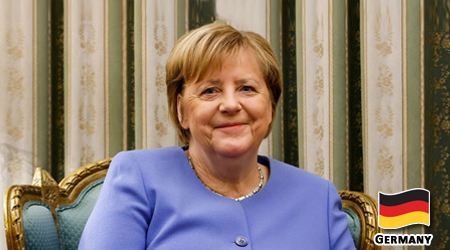
Angela Merkel
Félix Houphouët-Boigny Peace Prize 2022
For her efforts to welcome refugees during the 2015 European migrant crisis.
View More
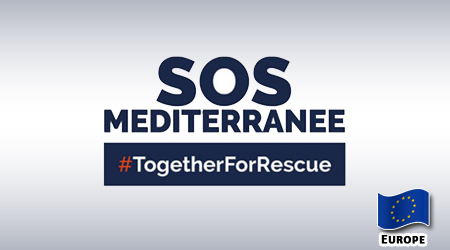
SOS Méditerranée
Félix Houphouët-Boigny Peace Prize 2017
Louis Renault
The Nobel Peace Prize 1907
Born: 21 May 1843, Autun, France
Died: 8 February 1918, Barbizon, France
Residence at the time of the award: France
Role: Professor International Law
Prize motivation: “for his decisive influence upon the conduct and outcome of the Hague and Geneva Conferences”
Expert in International Law and Practical Promoter of Peace
In the opinion of the lawyer Louis Renault, peace could be brought about by strengthening international law. This was a goal for which he worked untiringly all his life. He tought at the universities in Dijon and Paris, and delivered his last lecture at the age of 75, two days before he died. He was also the French Government's adviser in foreign policy and international law.
Renault was a delegate to the international conferences on transport and communications and on the rights of artists in the 1880s. But it was at the peace conferences at the Hague in 1899 and 1907 that he really gained his reputation as a brilliant lawyer with good practical sense. Renault was especially eager to extend the Geneva Convention to apply also to war at sea. He also sought to have the rights and obligations of neutral states in wartime defined in more precise terms.
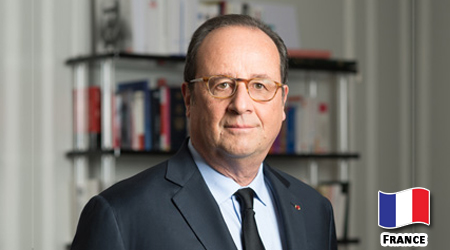
François Hollande
Félix Houphouët-Boigny Peace Prize 2013
Theodore Roosevelt, bynames Teddy Roosevelt and TR, (born October 27, 1858, New York, New York, U.S.—died January 6, 1919, Oyster Bay, New York), 26th president of the United States (1901–09) and a writer, naturalist, and soldier. He expanded the powers of the presidency and of the federal government in support of the public interest in conflicts between big business and labour and steered the nation toward an active role in world politics, particularly in Europe and Asia. He won the Nobel Prize for Peace in 1906 for mediating an end to the Russo-Japanese War (1904–05), and he secured the route and began construction of the Panama Canal (1904–14).
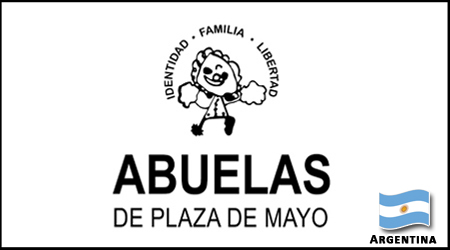
Grandmothers of the Plaza de Mayo
Nobel Peace Prize 2011
Élie Ducommun, (born Feb. 19, 1833, Geneva, Switz.—died Dec. 7, 1906, Bern), Swiss writer and editor who in 1902, with Charles-Albert Gobat, won the Nobel Prize for Peace.
After working as a magazine and newspaper editor in Geneva and Bern, Ducommun spent most of his career as general secretary of the Jura-Simplon Railway. His spare time, however, was spent on peace activities. He took an active part in the movement for European union, editing Les États-Unis d’Europe, the periodical of the International League of Peace and Freedom, founded in 1867.
In 1889 Ducommun participated in the first of the regular International Peace congresses. Two years later he became honorary general secretary of the newly founded International Peace Bureau. After 1895 he published the bureau’s Correspondance bi-mensuelle. In this period Ducommun also wrote a number of works on the peace movement.
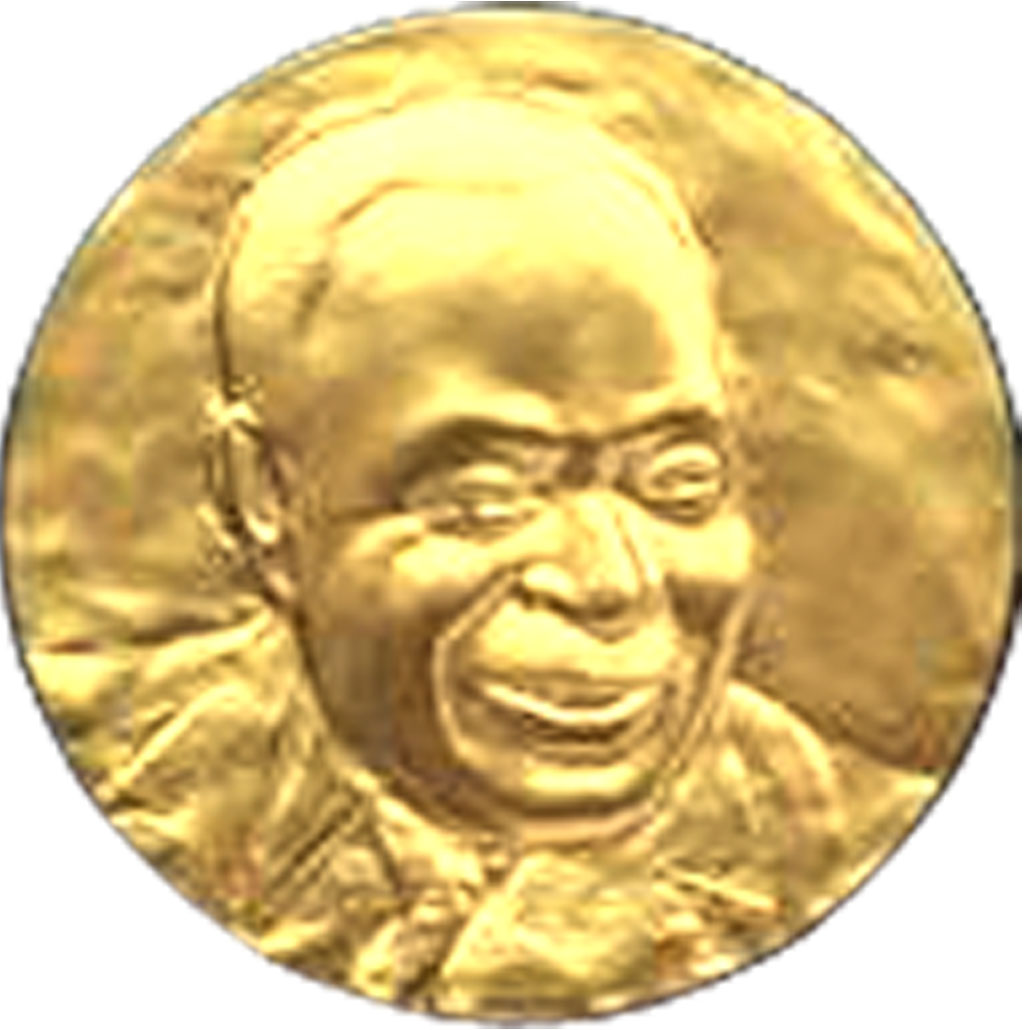
Félix Houphouët-Boigny Peace Prize Laureates (2005 ~ 1990)
View More
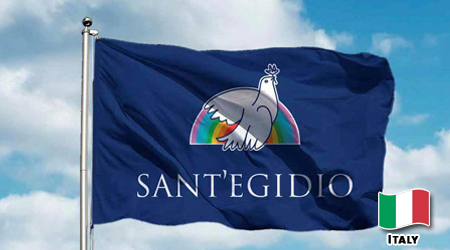
Community of Sant'Egidio
Félix Houphouët-Boigny Peace Prize 1999
"In recognition of their efforts in achieving ecumenical understanding between all religions, their efforts of conciliation in Algeria, Mozambique, Guinea-Bissau and Yugoslavia, for their contribution to human understanding and for eliminating the religious, political and ethnic sources of conflict."
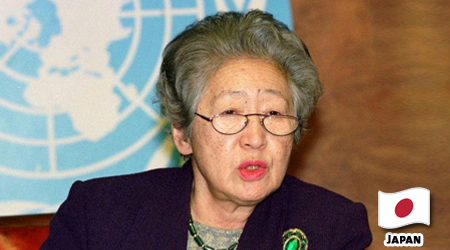
Sadako Ogata
Félix Houphouët-Boigny Peace Prize 1995
"We have agreed unanimously to give a dual prize to the Office of the United Nations High Commissioner for Refugees for the work that it is doing and secondly to the United Nations High Commissioner for Refugees, Ms. Ogata, for the distinctive quality she has added to the mission that has been assigned to her, for the excellence of her efforts and for the way she has raised international concern for the refugees."

UNHCR
Félix Houphouët-Boigny Peace Prize 1995
We have agreed unanimously to give a dual prize to the Office of the United Nations High Commissioner for Refugees for the work that it is doing and secondly to the United Nations High Commissioner for Refugees, Ms. Ogata, for the distinctive quality she has added to the mission that has been assigned to her, for the excellence of her efforts and for the way she has raised international concern for the refugees.

Jimmy Carter
Félix Houphouët-Boigny Peace Prize 1994
Jimmy Carter for his capacity as Chairman of the Carter Center and his contribution to the pursuit of peace in many different parts of the world and succeeding in making such a contribution even before the government of his country had requested him to do so
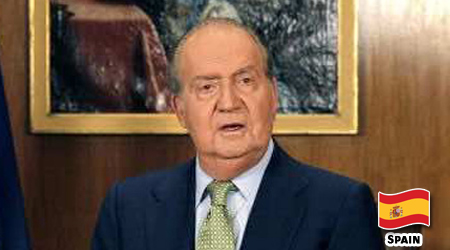
Juan Carlos I of Spain
Félix Houphouët-Boigny Peace Prize 1994
The King of Spain], for his role in guaranteeing the transition to democracy, for his continuing contribution to the protection of minorities in the transition to democracy, and for the international role of conciliation that Spain has played.
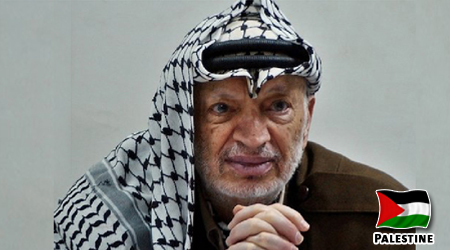
Yasser Arafat
Félix Houphouët-Boigny Peace Prize 1993
"We have concluded that this year, naturally, the most dramatic and important event has been the agreement between the Palestinians and Israel, and our Committee has therefore awarded the 1993 Félix Houphouët-Boigny Peace Prize to Prime Minister Yitzhak Rabin and to Foreign Minister Shimon Peres on the Israeli side, and to Chairman Yasser Arafat for the Palestine Liberation Organization."
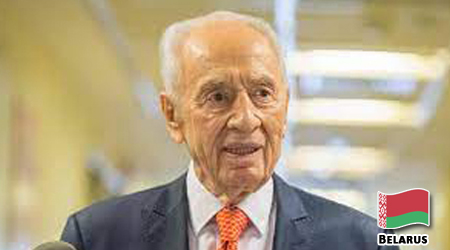
Shimon Peres
Félix Houphouët-Boigny Peace Prize 1993
"We have concluded that this year, naturally, the most dramatic and important event has been the agreement between the Palestinians and Israel, and our Committee has therefore awarded the 1993 Félix Houphouët-Boigny Peace Prize to Prime Minister Yitzhak Rabin and to Foreign Minister Shimon Peres on the Israeli side, and to Chairman Yasser Arafat for the Palestine Liberation Organization."
- Phone:+1 (859) 254-6589
- Email:info@example.com
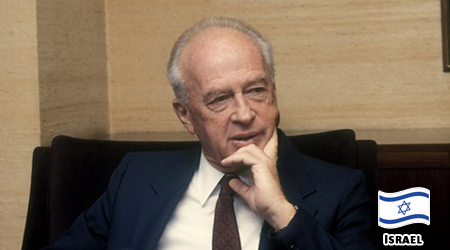
Yitzhak Rabin
Félix Houphouët-Boigny Peace Prize 1993
"We have concluded that this year, naturally, the most dramatic and important event has been the agreement between the Palestinians and Israel, and our Committee has therefore awarded the 1993 Félix Houphouët-Boigny Peace Prize to Prime Minister Yitzhak Rabin and to Foreign Minister Shimon Peres on the Israeli side, and to Chairman Yasser Arafat for the Palestine Liberation Organization."
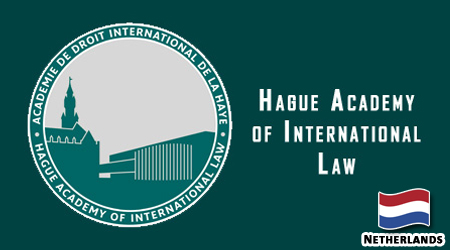
Hague Academy of International Law
Nobel Peace Prize 1992
"We believe the world is in a new phase of international relations. Quite different from the one through which we have just gone (...) and we are convinced that international law must be given a larger role in the settlement of international disputes and in the solution of international problems."
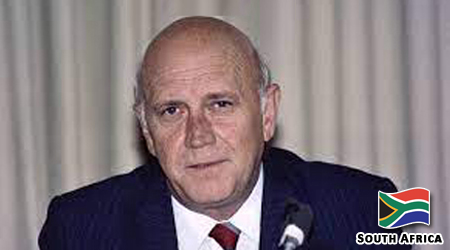
Frederik Willem de Klerk
Félix Houphouët-Boigny Peace Prize 1991
"For his contribution to international peace, to encourage them to continue in his effort and as a tribute to what they have done to educate their people towards understanding and overcoming of prejudice that many would not have thought possible a few years ago"

Nelson Mandela
Félix Houphouët-Boigny Peace Prize 1991
"For his contribution to international peace, to encourage them to continue in his effort and as a tribute to what they have done to educate their people towards understanding and overcoming of prejudice that many would not have thought possible a few years ago"




























